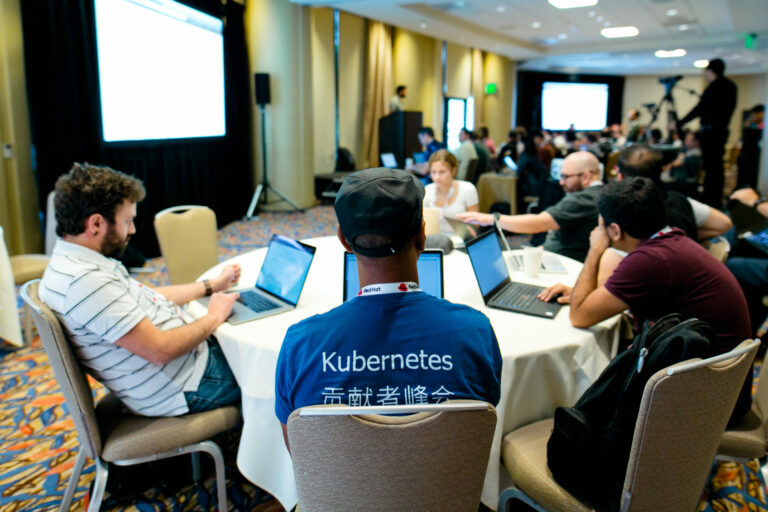Container management platforms are leveraged by developers to launch, test, and secure applications in resource-independent environments. Containers include components of applications, libraries, or collections of source code that can be used or deployed on demand.
The container management platforms support users designate resources to optimise performance and balance system workloads. Companies utilise container management platforms to streamline container performance and to evade the complexities of system architectures. Given there are tens of container platforms presently available, in this article, we list the top ones that are most widely used, both free and subscription-based for enterprises-
Kubernetes.
Kubernetes is open-source container-orchestration software for automating application deployment, scaling, and management. It was first created by Google in 2014 and is now managed by the Cloud Native Computing Foundation. It strives to implement a platform for automating deployment, scaling, and operations of application containers across clusters of hosts.
Docker
The Docker platform is considered the most straightforward and quickest method to use containers at scale for modern applications and run them securely on the cloud. Security is a functional property of Docker, and it has high standards of information security. The platform also provides isolated environments for code execution and testing. The best part is that it is open-source software similar to Kubernetes, and used among a thriving community of developers.
Amazon Elastic Container Service (ECS)
Amazon Elastic Container Service (ECS) is a container management platform service, which firms can use to easily run applications on a managed cluster of Amazon EC2 instances. It is quite easy to use and integrate if you are familiar with Docker containers. Its integration with other AWS products is considered the best feature, and so if someone is utilising the AWS ecosystem, then it would be a perfect fit.
Google Kubernetes Engine (GKE)
Google Kubernetes Engine (GKE) provides a managed environment for deploying, managing, and scaling your containerised applications using Google infrastructure. The GKE environment consists of multiple machines, particularly, Compute Engine instances, grouped together to form a cluster. GKE clusters are enabled by the Kubernetes open-source cluster management system, and developers utilise Kubernetes commands and resources to execute and manage applications, perform administration tasks, fix policies, and supervise the well-being of the deployed workloads.
AWS Fargate
AWS released Fargate in 2017 to make the workflow associated with running containerised workloads simple. First launched for Amazon Elastic Container Service (ECS), Fargate is also extended to the Elastic Kubernetes Service (EKS), allowing Kubernetes developers to operate containers in a serverless environment. The best thing about Fargate is that it eliminates the necessity to provision and maintain servers, and enables users to define and pay for resources per application.
Red Hat OpenShift
OpenShift is a family of containerisation software built by Red Hat. It is an enterprise-ready Kubernetes container platform with full-stack automated operations to maintain hybrid cloud and multi-cloud executions. Its flagship product is called the OpenShift Container Platform—an on-premises platform as a service created around Docker containers orchestrated and managed by Kubernetes on a foundation of Red Hat Enterprise Linux. The Openshift UI has different functionalities, enabling one to control the container resources, container health, the nodes the containers stay on, IP addresses of the nodes, and more.



















































































